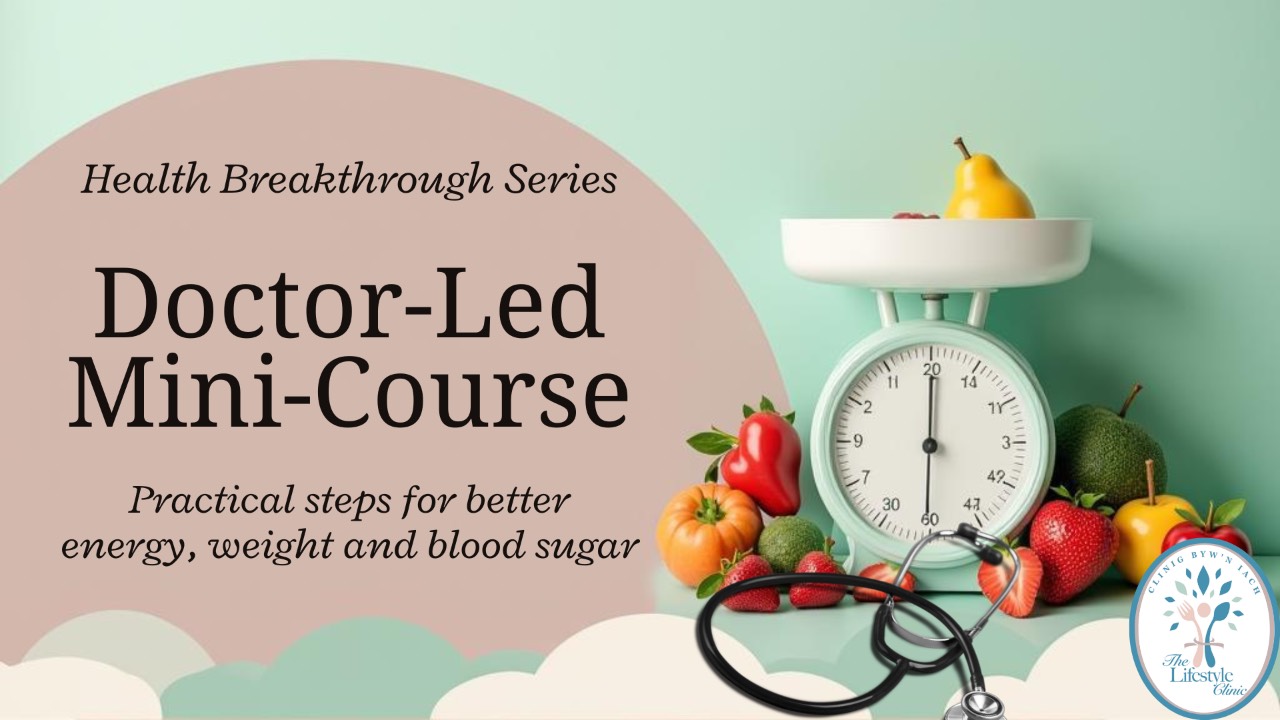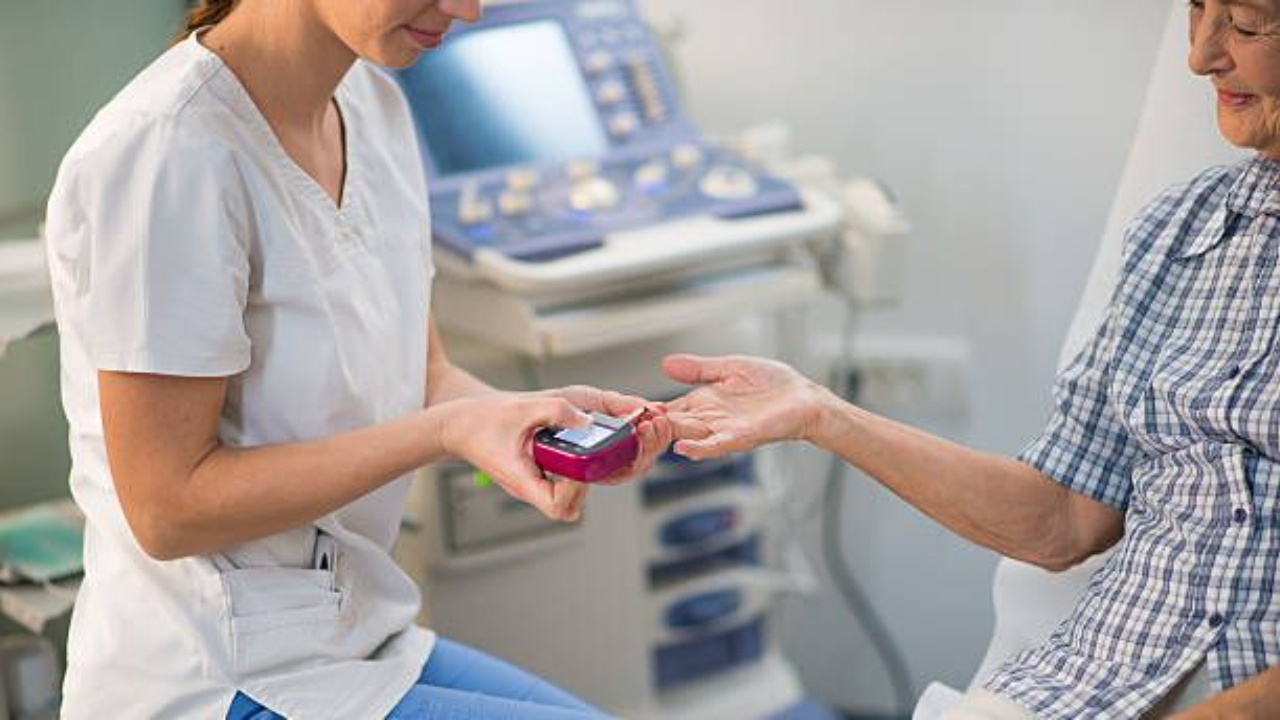
When Pre-Diabetes Becomes Your Wake-Up Call: Why It’s Not Too Late to Change Your Story
Oct 26, 2025What if one of the scariest diagnoses you could ever receive turned out to be the best thing that could happen to your health?
It might sound strange at first — after all, hearing the word pre-diabetes can feel deeply unsettling. Many people describe that moment as a mix of fear, shame, and worry about what lies ahead. You may instantly think of someone you know with type 2 diabetes and wonder if that’s now your future too.
But what if, instead of seeing pre-diabetes as a setback, you could see it as your second chance? A powerful signal from your body saying, “I need attention — but we can turn this around.”
In this YouTube video, I explain why pre-diabetes isn’t the end of the story — it’s the beginning of a new one.
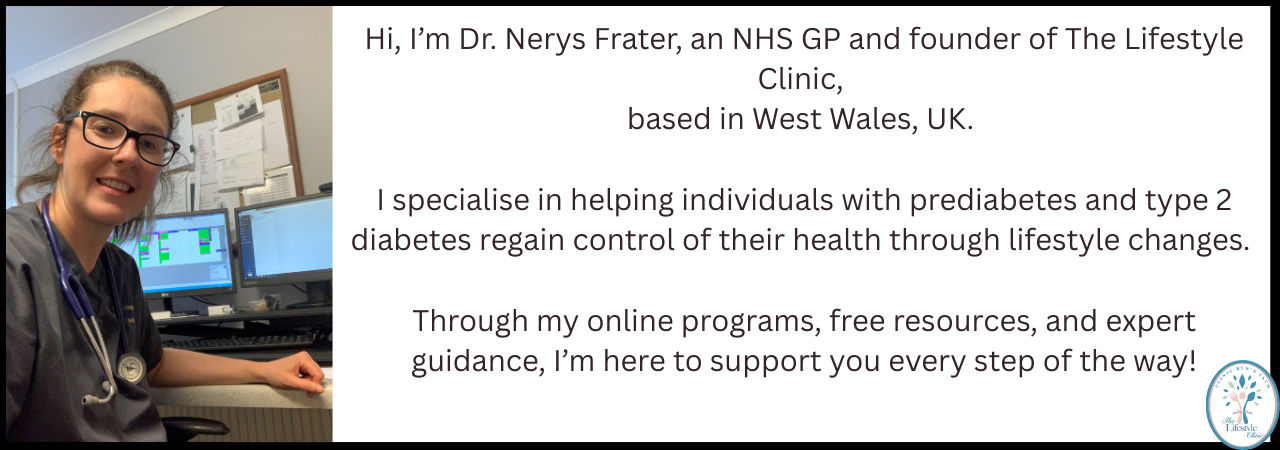
Understanding What’s Really Happening
Pre-diabetes simply means your blood sugar levels are higher than ideal, but not yet high enough for a diagnosis of type 2 diabetes. It’s your body waving a red flag, giving you the opportunity to pause, reflect, and act before damage occurs.
We measure this through a test called HbA1c, which gives us an average of your blood sugar over the past three months.
- A healthy HbA1c is below 42 mmol/mol.
- Between 42 and 47 mmol/mol is the pre-diabetes range.
- 48 mmol/mol and above is when we start talking about type 2 diabetes.
Millions of people in the UK are currently living with pre-diabetes — many without knowing it. That’s because it usually develops silently, without obvious symptoms. Most people only discover it through a routine blood test.
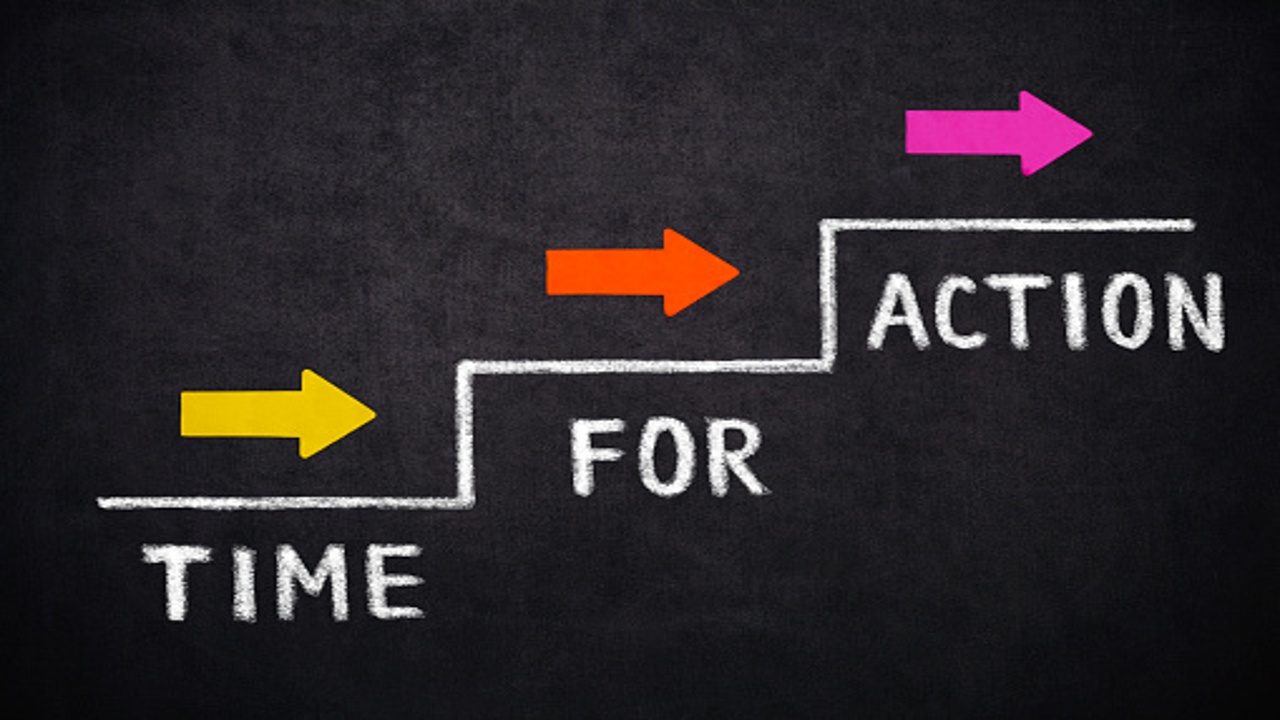
Why Early Action Matters
Type 2 diabetes doesn’t happen overnight. It’s a gradual process — often building up over years as the pancreas becomes less efficient at producing insulin. By the time a diagnosis is made, about half of those vital insulin-producing cells may already be struggling.
This is why pre-diabetes is such a valuable warning. It’s your window of opportunity to protect your pancreas, your eyesight, your kidneys, and even your heart. You can stop things from worsening — and, with the right approach, even reverse the process.
What’s Driving the Rise in Pre-Diabetes?
Modern life makes it easy for blood sugar problems to creep in. Our diets often contain more processed food, hidden sugars, and refined carbohydrates than our grandparents ever ate. We sit more, move less, and live with constant stress.
Each of these factors pushes blood sugar up — and together, they overwork the pancreas. Add poor sleep, chronic stress hormones like cortisol, and genetic factors, and it’s easy to see how this becomes a “perfect storm.”
Yet genetics are not destiny. They load the gun, but lifestyle choices pull the trigger — which means you still have the power to change the outcome.
Small Shifts, Big Impact
If you’ve been told you have pre-diabetes, you might feel overwhelmed, but the truth is you have so much influence over your future health.
In my experience, one of the most effective approaches is a low-carbohydrate way of eating. Reducing fast-acting carbs (like white bread, pasta, sugary snacks, and drinks) gives your pancreas a much-needed break. It doesn’t mean you can never enjoy your favourite foods — it means choosing versions that keep your blood sugar steady.
Combine this with gentle, regular movement — even short walks — plus better sleep and stress management, and you’ll be giving your body the support it needs to recover.
Remember, it’s not about perfection. It’s about progress. One small, sustainable change at a time.
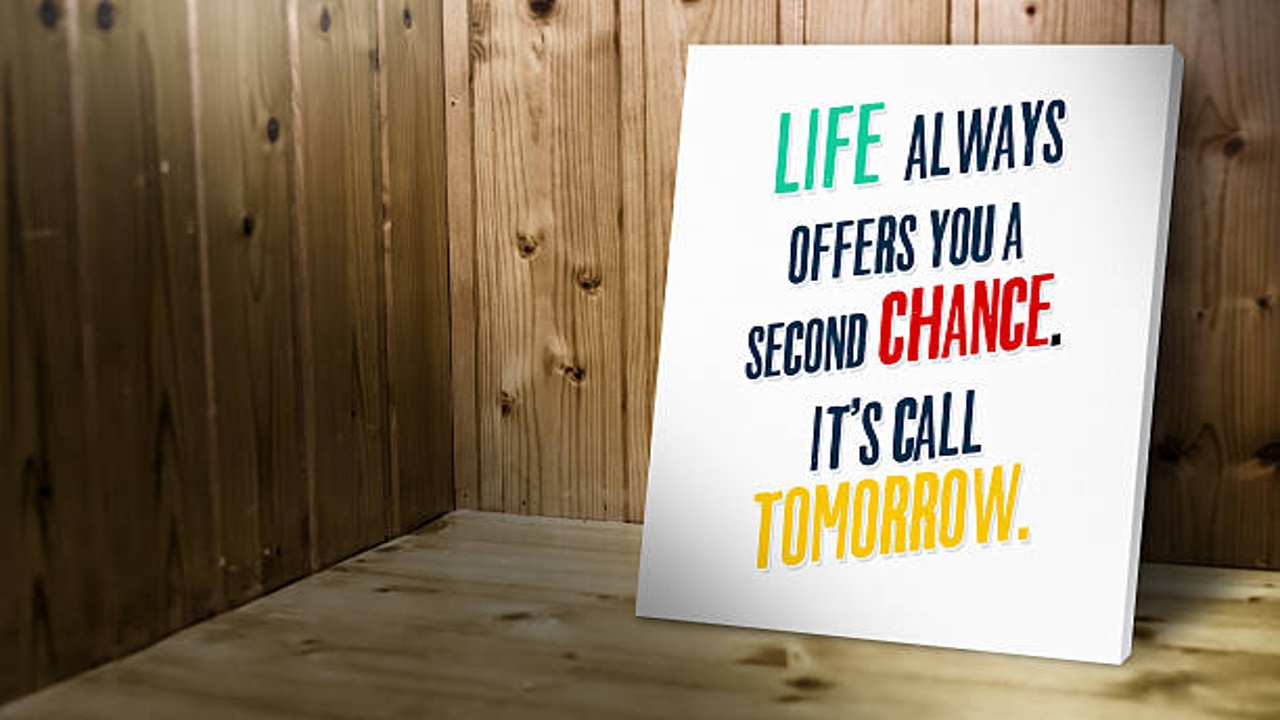
Why This Is Your Second Chance
The most important thing to remember is that pre-diabetes isn’t your body failing you — it’s your body communicating with you. It’s an opportunity to act early, before complications appear.
Every choice you make — every nourishing meal, every extra hour of sleep, every moment you take to breathe and slow down — helps your body rebalance and heal.
This is exactly why I founded The Lifestyle Clinic: to give people the knowledge, tools, and encouragement to take back control of their health. Prevention truly is better — and often far more effective — than cure.
Watch the full video here: https://www.youtube.com/watch?v=SqEZteEdVjo
Ready to learn more and take the next step?
Join my free Health Breakthrough Video Series, where I share simple, practical steps to help you lower blood sugar naturally and feel your best again: https://drnerysfrater.co.uk/health-breakthrough/
It’s never too late to change your story. Pre-diabetes isn’t the end — it’s your invitation to begin again.
